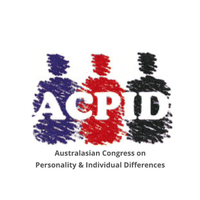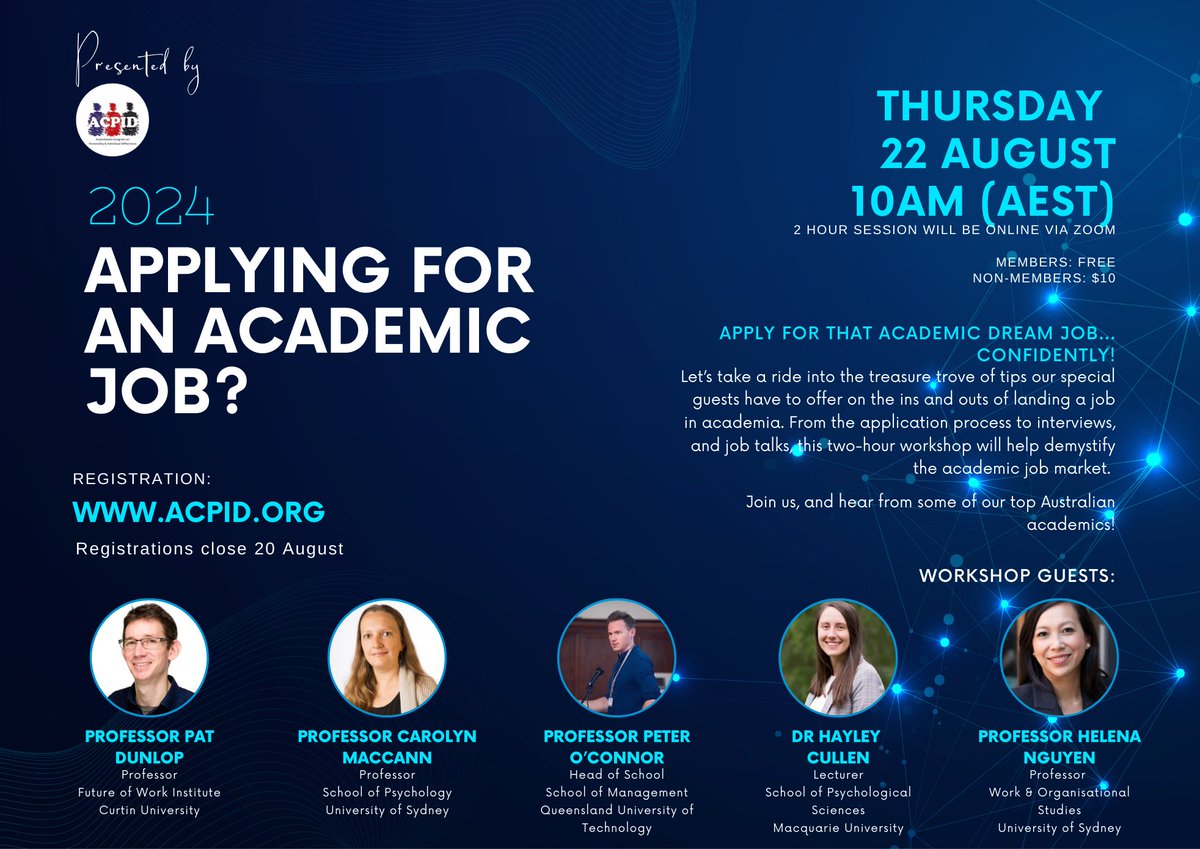
Gilles Gignac
@gillesegignac
A/Professor at U of Western Australia. Interested in individual differences, intelligence, financial literacy, behavioural finance, narcissism, and AI.
ID: 760219990314381312
http://drgillesgignac.blogspot.com.au 01-08-2016 21:05:45
223 Tweet
611 Takipçi
74 Takip Edilen











Our study on the inter-association between face processing abilities, intelligence, and trait-autism has finally been published! Gilles Gignac UWA Person Perception UWA Psychological Science journals.sagepub.com/doi/10.1177/17… #research #intelligence #autism #faces #facerecognition




Smarter people score lower on moral foundations. Because they’re immoral? Unlikely. More likely: they ask questions and are open to nuance. Not “loyalty above all,” but “it depends — let me reason through it.” New study by Timothy Bates Is NFC a mediator?sciencedirect.com/science/articl…

Artificial intelligence grew out of computer science with very little input from the research on human intelligence. But now with A.I. becoming increasingly capable of mimicking human responses, the two fields are starting to collaborate more. Gilles Gignac and David Ilić





